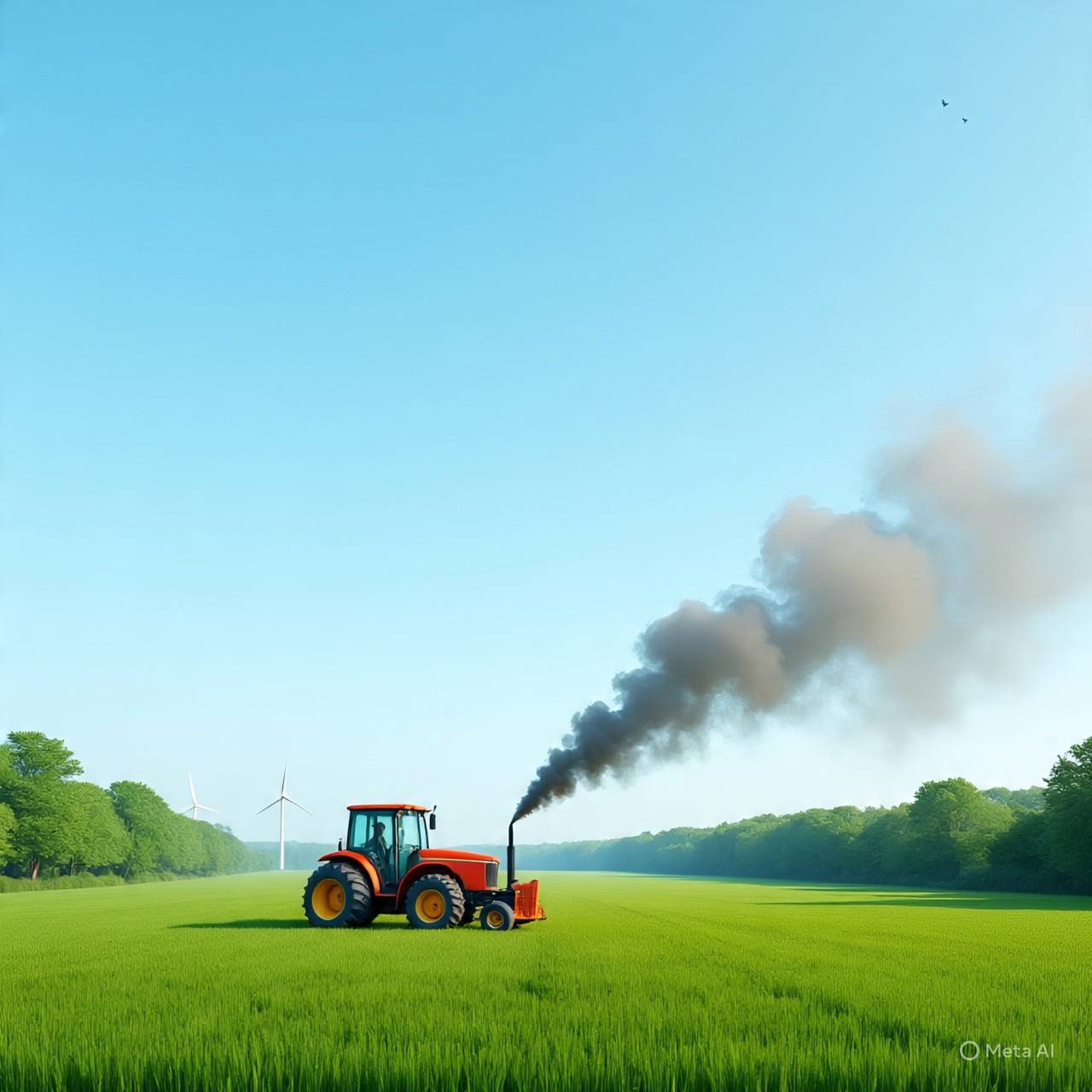The Impact of Agriculture on the Environment. Agriculture has significant impacts on the environment, affecting ecosystems, biodiversity, water resources, and contributing to climate change. Agriculture is essential for food production but can lead to environmental challenges if not managed sustainably. Understanding these impacts is crucial for balancing food production with environmental protection.
Agriculture affects biodiversity through land use changes, habitat loss, and use of pesticides and fertilizers. Conversion of natural habitats to agricultural land reduces biodiversity and ecosystem services. According to a report by the Food and Agriculture Organization, agriculture impacts biodiversity through land use and management practices [FAO]. Sustainable agriculture practices can help mitigate these impacts.
Water resources are impacted by agriculture through irrigation, which can lead to water depletion, and through runoff of agricultural chemicals into water bodies. Agriculture is a major user of freshwater resources globally. Research by the International Water Management Institute highlights the importance of managing water in agriculture for sustainability [IWMI]. Efficient water use in agriculture is critical for reducing impacts.
Agriculture contributes to greenhouse gas emissions through practices like rice cultivation, livestock production, and use of synthetic fertilizers. These emissions impact climate change. According to the Intergovernmental Panel on Climate Change, agriculture is a significant source of greenhouse gases [IPCC]. Mitigation strategies in agriculture can help reduce these emissions.
Soil health is impacted by agricultural practices like tillage, use of chemicals, and monoculture cropping. Soil degradation can reduce productivity and increase erosion. Research by the National Soil Project highlights the importance of maintaining soil health for sustainable agriculture [NSP]. Practices like conservation tillage and crop rotation help protect soil.
Sustainable agriculture practices aim to reduce environmental impacts while maintaining productivity. These practices include crop rotation, integrated pest management, and reduced use of chemicals. According to a report by the World Agroforestry Centre, sustainable agriculture practices can enhance environmental outcomes [WAC]. Adopting sustainable practices is key for balancing production and protection.
The impact of agriculture on the environment is significant, affecting biodiversity, water resources, greenhouse gas emissions, and soil health. Sustainable agriculture practices can help mitigate these impacts and promote environmental protection alongside food production.




No comments yet
Be the first to share your thoughts!